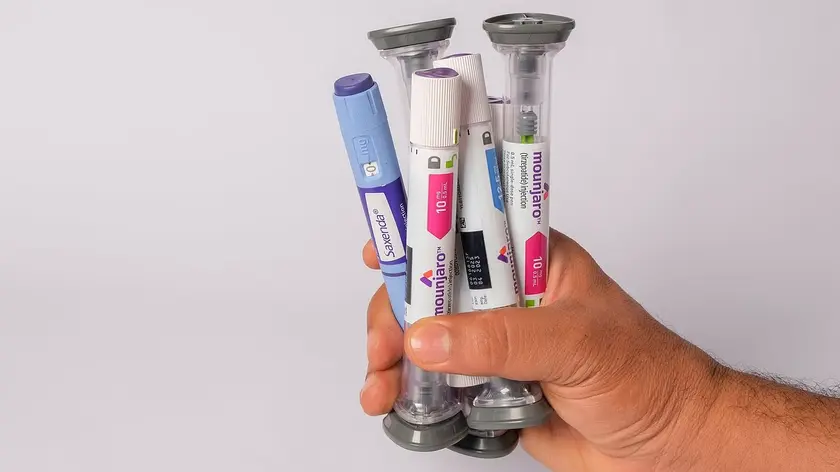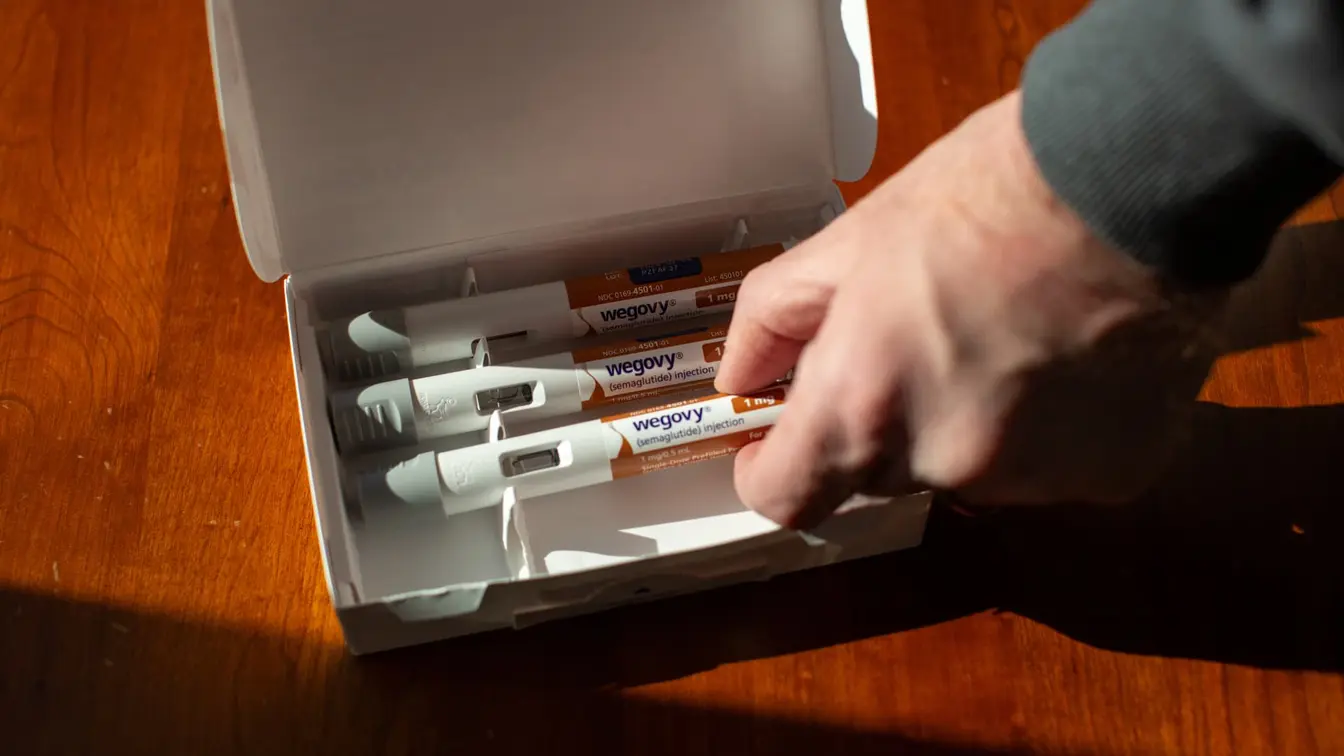T4K3.news
New GLP-1 rival eyed for safer weight loss
A synthetic molecule could offer weight loss with fewer side effects and move to human trials soon.

A synthetic molecule named TDN could offer weight loss with fewer side effects and move into human trials soon.
New GLP-1 Rival Redefines Weight Loss Treatments
A new molecule named tridecaneuropeptide (TDN) is being developed by CoronationBio. It targets downstream support cells rather than neurons, with the aim of suppressing appetite while reducing adverse effects linked to GLP-1 drugs. In lab work, TDN is designed to be administered by injection and may bypass neural pathways that GLP-1 medications affect. The company plans to begin first human trials in the near term.
The research frame suggests a potential shift in how weight loss is treated, but experts urge caution until results from human trials prove safety and effectiveness. Public interest in GLP-1 drugs remains high, and celebrity discussions around Ozempic and similar medicines underscore the demand for safer and more tolerable options. The report notes researchers see this approach as a possible way to reduce side effects while preserving efficacy, though hurdles remain before it reaches patients.
Key Takeaways
"If we could hit that downstream process directly, then potentially we wouldn’t have to use GLP-1 drugs with their side effects"
Doyle on downstream targeting
"Like starting a marathon halfway through"
Lead researcher metaphor
"We could trigger weight loss signals that happen later in the pathway more directly"
Mechanism emphasis
"The new research targets support cells downstream of neurons"
Mechanism note
TDN represents a shift in the perceived pathway to weight loss. If it works, it could alter the balance of risk and benefit in obesity medicine and reduce dependency on existing GLP-1 therapies. Yet the public conversation around these drugs has shown how hype can outpace science, creating pressure on researchers and regulators. The field will need clear safety data and fair access considerations as trials progress.
Beyond science, this development raises questions about affordability, insurance coverage, and who ultimately benefits from new drugs. A successful new option could change pricing dynamics and patient access, but it could also intensify debates about medicalized weight loss and the societal drivers behind demand for these medicines.
Highlights
- A new path through the body's signals could change weight loss medicine
- Less side effects could redefine the patient experience
- A race to safer weight loss meds has begun
- Public fascination with weight loss drugs meets serious science
Public reaction and industry risk around GLP-1 weight loss drugs
The article highlights strong public interest, celebrity discussions, and potential backlash if new drugs fail to deliver safety or efficacy. Investor scrutiny and regulatory challenges could influence how quickly new therapies reach patients.
The coming data will test promises against real-world safety and cost.
Enjoyed this? Let your friends know!
Related News

Weight loss drugs entering a new era

GLP-1 eye risks noted in new studies

Shrinking Summer tests body positivity

Exploring GLP-1 medications and their implications

Eye risk linked to weight loss jabs prompts checks

New weight loss drug shows promise in early tests

GLP-1 drugs show potential for PCOS treatment

Zepbound approved for sleep apnea treatment
